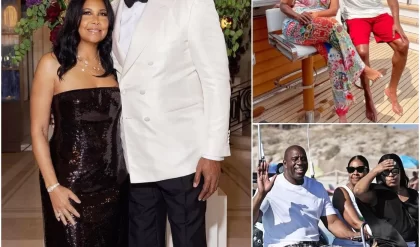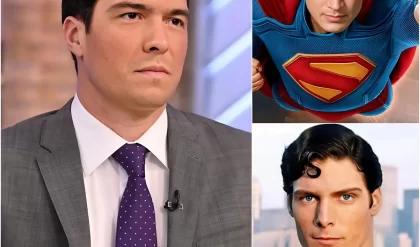In November 1991, the world stood still as Earvin “Magic” Johnson, one of basketball’s greatest icons, announced he was HIV positive. At the time, the diagnosis was a cultural earthquake, shaking not only the sports world but society at large. Johnson, a three-time NBA MVP and the charismatic leader of the Los Angeles Lakers, was at the peak of his career. His revelation was not just a personal milestone but a pivotal moment that reshaped public perceptions of HIV and AIDS, dismantling stereotypes, fostering empathy, and sparking a global conversation about a disease shrouded in fear and stigma.
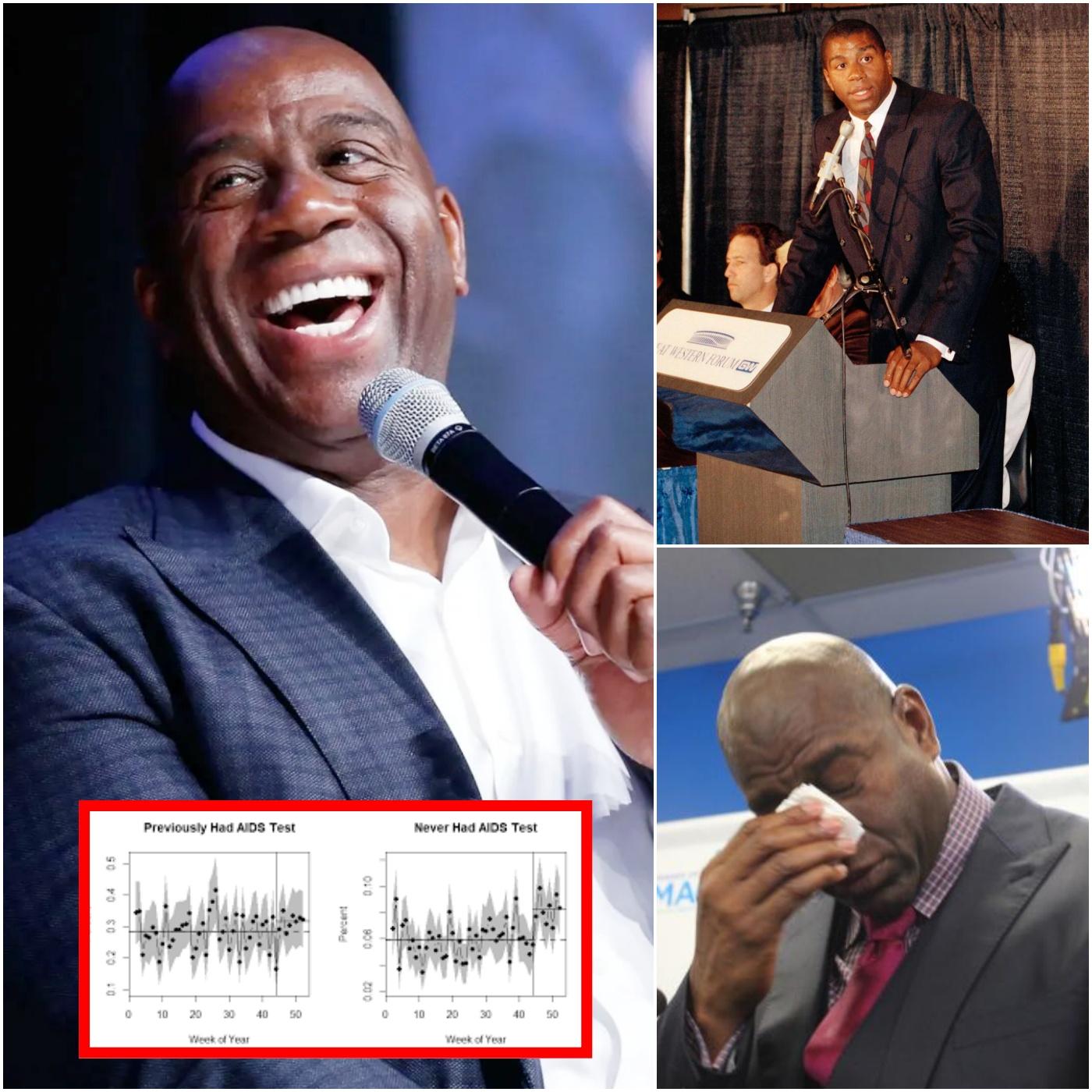
In the early 1990s, HIV/AIDS was widely misunderstood. Many associated it solely with marginalized groups, and misinformation fueled discrimination. The disease was seen as a death sentence, with little hope for those diagnosed. Johnson’s announcement challenged these notions head-on. As a heterosexual, African-American athlete in the prime of his life, he defied the stereotypes that had confined HIV to specific demographics. His openness forced people to confront the reality that HIV could affect anyone, regardless of race, gender, or status. This was a critical moment, as it broadened the public’s understanding of the disease’s reach and challenged preconceived notions.
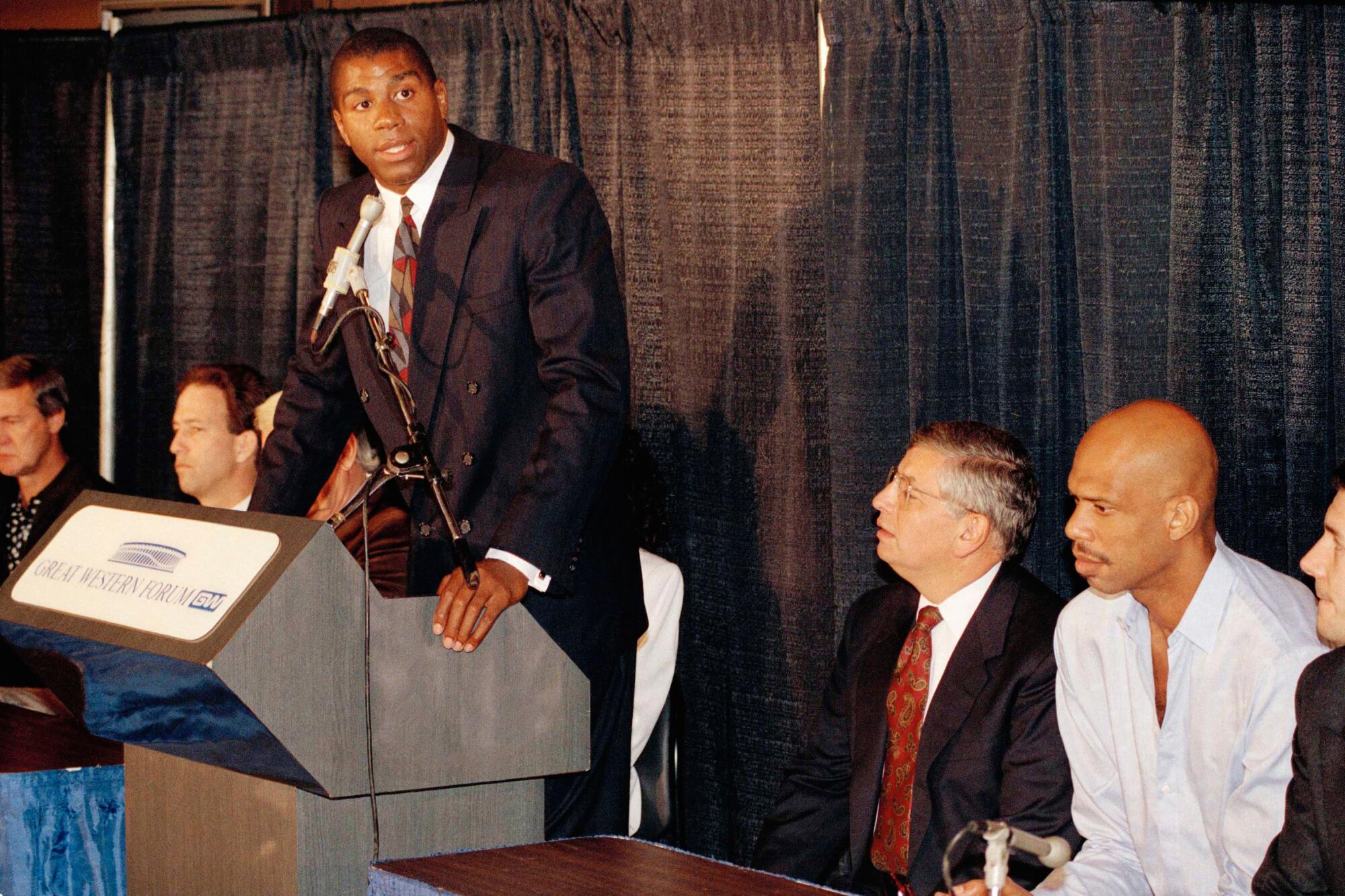
Johnson’s diagnosis came at a time when fear dominated the narrative around HIV/AIDS. Public knowledge about transmission was limited, and myths abounded—some believed the virus could be contracted through casual contact like shaking hands or sharing a drink. By stepping into the spotlight, Johnson became a living testament that life could continue after an HIV diagnosis. He retired from basketball but refused to retreat from public life. Instead, he embraced his platform, using his fame to educate others. His candidness helped demystify the virus, showing that it was possible to live with HIV, manage it, and thrive.
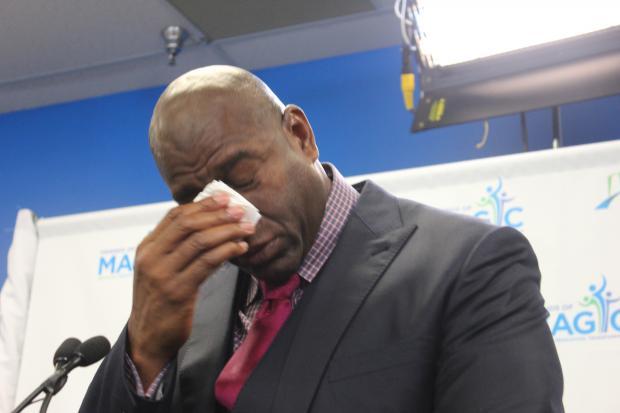
One of Johnson’s most significant contributions was his role in reducing stigma. In the 1990s, those diagnosed with HIV often faced ostracism. Johnson’s visibility as a beloved figure helped humanize the disease. He spoke openly about his condition, appearing on talk shows, collaborating with health organizations, and launching the Magic Johnson Foundation to fund HIV/AIDS research and awareness. His approachable demeanor and relentless optimism made the topic less intimidating. People began to see HIV not as a mark of shame but as a medical condition requiring compassion and understanding.
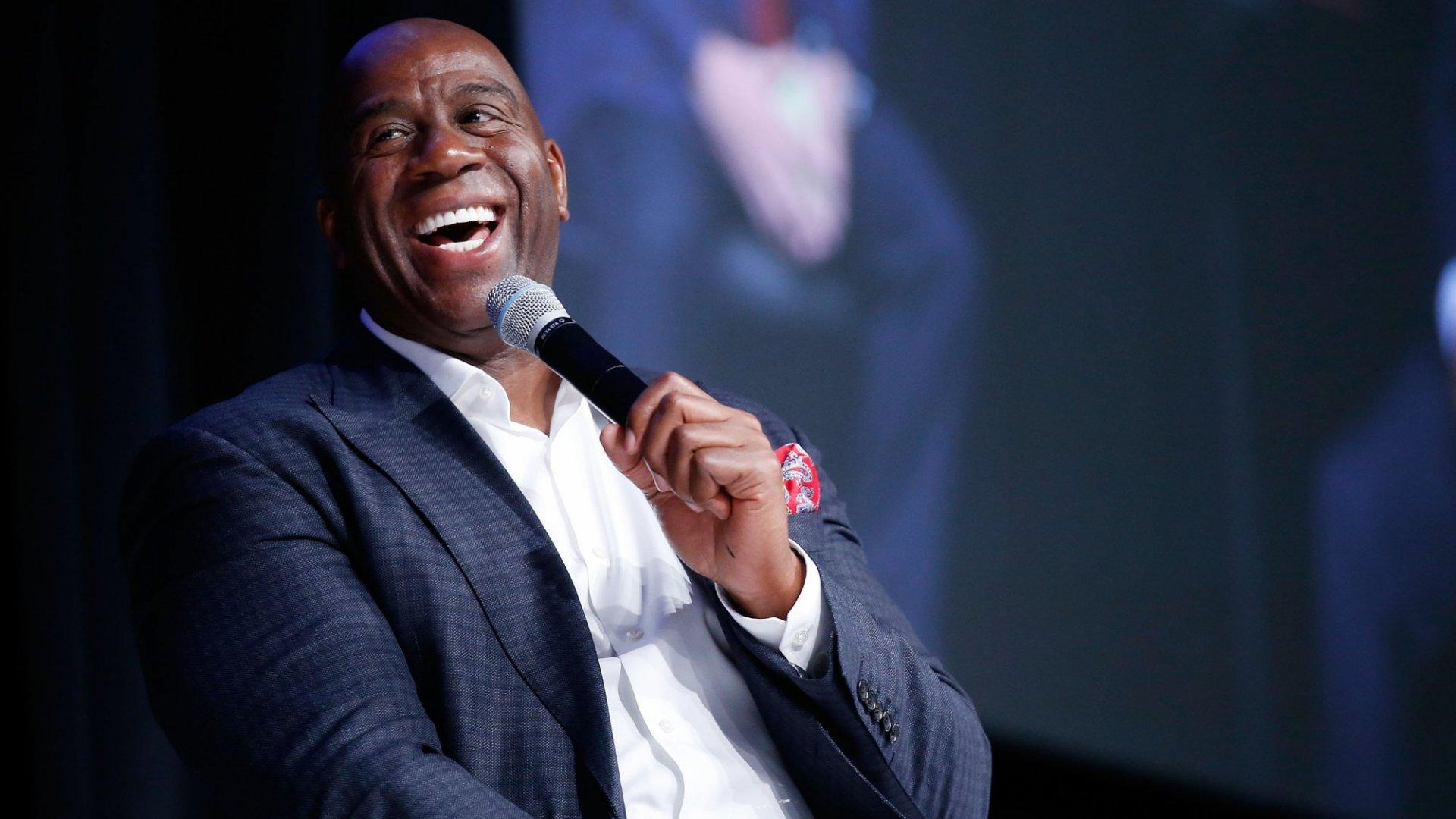
Johnson’s influence extended beyond public perception to policy and advocacy. His diagnosis brought unprecedented attention to HIV/AIDS, prompting increased funding for research and treatment. The U.S. government and health organizations faced pressure to address the epidemic more aggressively. Johnson’s involvement in campaigns, such as those promoting safe sex and regular testing, helped shift the focus toward prevention and early intervention. His presence in these discussions lent credibility and urgency, encouraging others to take the disease seriously.
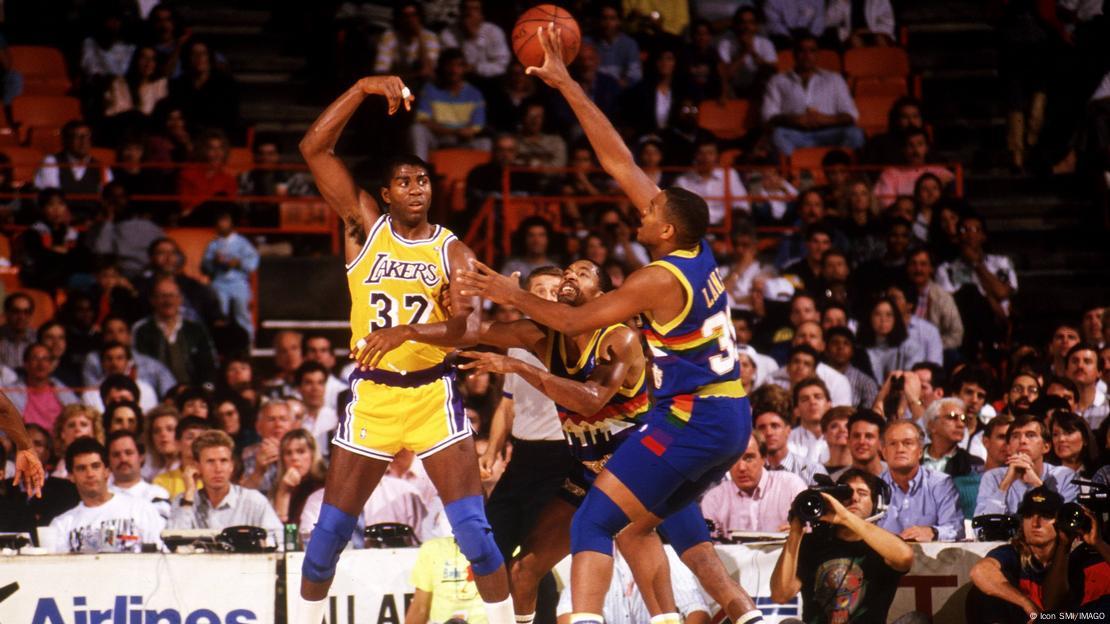
The impact of Johnson’s announcement was also felt in the sports world. Initially, some players expressed discomfort about competing with him, reflecting the era’s pervasive fear. However, Johnson’s return to the NBA for the 1992 All-Star Game and his participation in the Olympics with the Dream Team showcased his resilience. These moments were symbolic, proving that HIV did not define a person’s ability to achieve greatness. His courage inspired other athletes to speak out on health issues, paving the way for greater openness in sports.
Over the decades, Johnson’s advocacy has evolved, but his message remains consistent: HIV is manageable, and those living with it deserve respect. Advances in medical treatment, such as antiretroviral therapy, have transformed HIV into a chronic condition for many, a reality Johnson has championed. He has consistently emphasized the importance of education, testing, and access to care, particularly in underserved communities disproportionately affected by the virus.
Magic Johnson’s announcement in 1991 was more than a personal disclosure; it was a cultural turning point. By confronting HIV head-on, he shattered myths, reduced stigma, and inspired millions to rethink their assumptions about the disease. His legacy as an advocate endures, reminding us that courage and visibility can transform not just individual lives but the way society confronts a global health challenge. Johnson’s story is one of resilience, proving that even in the face of fear, one person’s voice can change the world.

